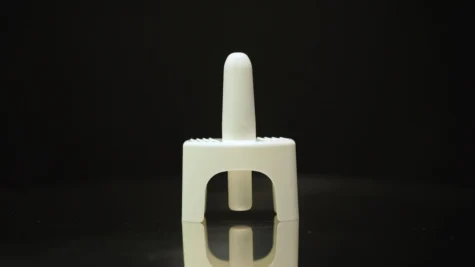Alcoholics Anonymous (A.A.) has existed for nearly 90 years. Founded in 1935 by a stockbroker and a surgeon, the organization grew quickly and now exists in more than 180 countries across the globe. In 1939, Bill, the stockbroker, wrote the core text of “The Twelve Steps of Recovery.”
The concepts of these steps are still in use today. In fact, 65% of treatment centers were still “frequently” using 12-step facilitation in 2020, according to a study conducted by the Substance Abuse and Mental Health Services Administration (SAMHSA). Many state departments of health recognize 12-step facilitation as an evidence-based practice, and the concept has been adapted to other addictions or mental health issues.
The purpose of this blog is not to focus on the 12 steps but rather to explore what engaging in the 12 steps as a loved one means for your healing and for supporting your loved one’s recovery.
Understanding the 12 Steps
If you are supporting your loved one in their recovery journey, understanding the 12 Steps will help (sidenote, here is an illustrated, condensed version of the 12 Steps from AA). Understanding them can foster empathy for the challenges your loved one is facing. It could help with communication between you and your loved one, as the better you understand where they are in their recovery, the easier it will be to ask relevant and supportive questions.
Understanding the 12 Steps can also be practical for you. Al-Anon is an organization for people who have been affected by someone else’s drinking, and Al-Anon has a version of the 12 Steps adapted for loved ones of people struggling with addiction. These principles and support groups can help shift one’s focus from trying to control the person experiencing addiction to instead managing your own emotional health and well-being. This is critical to addressing your emotions, such as guilt or resentment, and will help you support your loved one without enabling them. Understanding the 12 Steps can help you set boundaries and focus on your self-care.
Three Ways to Engage in the 12 Steps as a Loved One
Now that you have a basic understanding, here are three ways to engage in the 12 Steps as a loved one.
- Attend meetings. Finding a local group, such as through Al-Anon or Nar-Anon, that meets regularly and allows you to connect with others over shared experiences can be healing. These organizations typically operate on donations so they are free to attendees.
- Regularly read and think about the 12 Steps. Reflecting on these concepts may be useful for your journey. For example, accepting that you cannot control your loved one’s addiction to alcohol (Step 1) may be liberating.
- Consider finding a sponsor or mentor who has been through this. The last of the 12 Steps for a participant is to help others who have struggled with addiction. The same can be true for loved ones of those struggling with addiction, and finding someone that knows the program and can help you through it might provide healing for both of you.
Navigating Recovery with Southern Sky
The 12 Steps can be a powerful framework for navigating addiction, both for the person in recovery and for the loved ones who support them. Our treatment team understands how difficult addiction can be for families and loved ones, and no matter where your loved one is in their recovery journey, we are here to support you.
We offer Intensive Outpatient Therapy (IOP), a Partial Hospitalization Program (PHP), Outpatient treatment options, and several evidence-based therapies. Contact us today to learn how Southern Sky Recovery can help you design a customized program tailored to your loved one’s unique needs.



